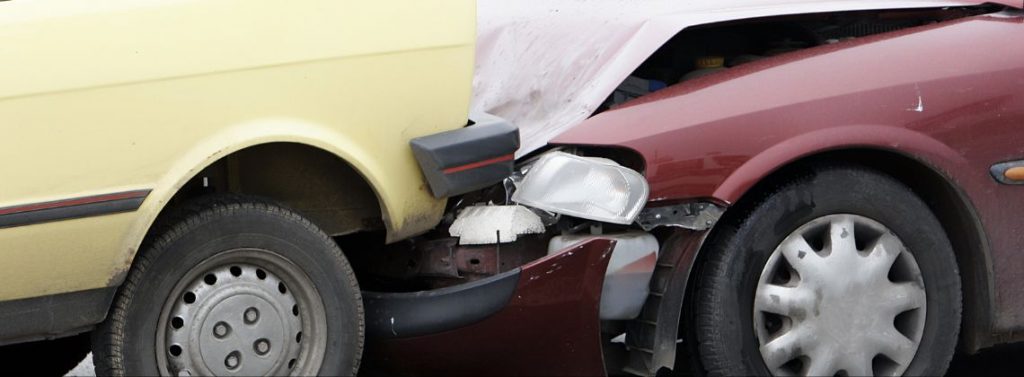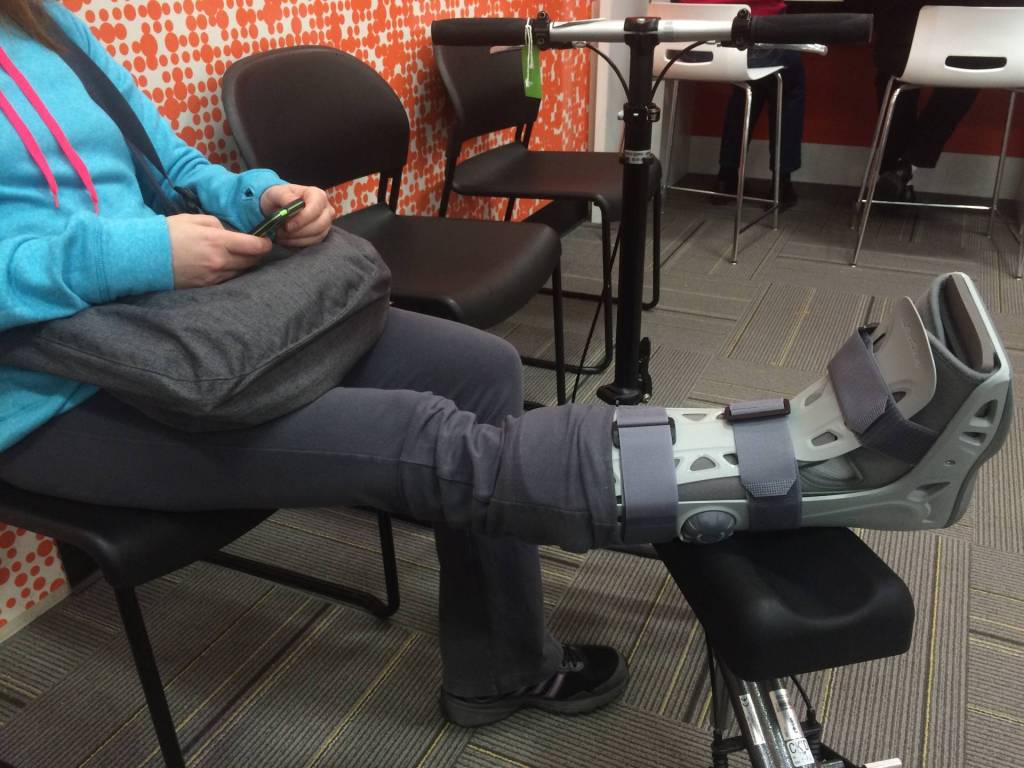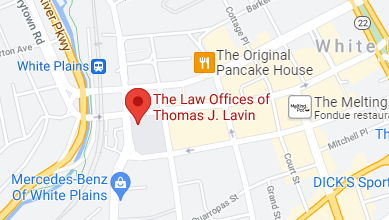Fortunately, brake failure is a relatively rare phenomenon, thanks to advances in vehicle design and manufacturing. The National Highway Traffic Safety Administration released a report in 2018 that found that faulty vehicle parts accounted for only 2% of crashes overall, and faulty brakes made up 22% of that 2%.
That’s cold comfort if you’ve been in an accident that was caused by your vehicle’s faulty brakes or those of another driver. Here’s what you need to know about accidents involving brake failures.
What Are Frequent Causes of Brake Failure?
There are several causes for brake failures, including:
- Neglect. The various components of a vehicle all have limited shelf lives. Many things need either routine, regular maintenance, or they need replacement after specific periods of use. Brakes are something that should be routinely inspected and replaced when necessary, especially if someone frequently drives on side roads that require frequent stopping. Lack of proper maintenance is one of the most common reasons brakes fail.
- Overloading. Every vehicle has a recommended weight limit for carrying passengers and cargo. Exceeding that recommended limit can put additional strain on the brakes and cause them to fail. The vehicle manufacturer should be able to provide specifics for each type of vehicle they produce
- Wet conditions. When roads are wet, especially excessively so with standing water, that water can reduce friction between the vehicle’s brake pads and rotor disks, causing them to lose traction.
- Damaged brake pads or rotor disks. These are two critical components when it comes to being able to stop or slow a vehicle safely. If either one is damaged, it can be harder to stop the vehicle. Brake pads and rotor disks should be inspected regularly and repaired or replaced when necessary.
- Hydraulic fluid issues. Hydraulic fluid can leak from the engine or brakes, and that can make it more difficult to slow or stop a vehicle.
What Are Signs of a Problem with a Vehicle’s Brakes?
The most obvious sign of problems is a decreased ability to slow or stop the vehicle.
But there are several other signs as well.
- Unusual sounds. If you hear unusual squealing, grinding, or metallic noises when tapping the brake pedal, it’s time to have the brakes checked.
- The brake light turns on. Many newer vehicles have warning lights when brakes need to be inspected.
- Fluid leaks. If you notice stains from leaking fluid under your car when it’s parked, it could mean many things–including the possibility that the brakes need repair or replacement.
- The vehicle or steering wheel vibrates when braking.
- The brake pedal has little to no resistance when you press on it.
- There’s a burning smell while driving. Again, this could be one of many things, but brake problems are possible.
- Brake pads have thinned. This is best determined by a professional. Brake pads should not become less than ¼ inch in thickness. If they reach ⅛ inch in thickness, the situation can become dangerous.
What Other Vehicle Failures Can Cause Accidents?
There are many, and most can be avoided by regular maintenance to ensure the vehicle is in safe working condition. Vehicle parts that could cause severe accidents if not maintained include:
- Steering. The steering wheel seems to “pull” or no longer has power steering capability.
- Tires. Worn tread can lead to excessive skidding and even blowouts, which can be catastrophic while driving, especially at higher speeds.
- Suspension. When a vehicle’s suspension is worn, it can cause the vehicle to vibrate or shake in such a way that the driver could lose control of the vehicle, which is particularly dangerous at higher speeds.
- Headlights and taillights. Depending on the vehicle, these are usually easy enough to fix on your own. When headlights and taillights aren’t working properly, other drivers may not see you coming or see that you’re braking to slow or stop. This is especially dangerous in low-visibility conditions, such as fog or snow.
- Windshield wipers. Being able to clearly see while driving is imperative. Worn windshield wipers will not sufficiently clear snow, ice, or water from the windshield and could allow dirt to build up, restricting vision.
- Accelerators that stick. When an accelerator sticks, someone cannot force their vehicle to slow or stop, which can be as terrifying and dangerous as having the brakes fail.
- Transmission and engine. Engines that won’t start at all, or vehicles that are slow to start or accelerate, may need tune-ups.
What Should I Do if I’m in an Accident that I Suspect Was Due to Faulty Brakes?
For any kind of accident, the first thing you should do is see a doctor, even if you feel fine. Some injuries don’t exhibit symptoms right away, some of which are serious. Then call us at 718-829-7400 for a free case evaluation. We’re experienced in dealing with accidents resulting from vehicle defaults and know what evidence we need to provide to help you receive appropriate damages.
Whether the brakes were in your vehicle or someone else’s, it’s essential that you don’t speak with or exchange written communication (emails or letters) with insurance representatives or attorneys for the other driver. Their job is to get you to accept full responsibility for the accident, so their client doesn’t have to pay anything. They could ask leading questions that could cause you to unwittingly blame yourself or your vehicle for the accident, or they could ask you to sign a settlement offer that’s much lower than you could otherwise be awarded. Refer all communications to your attorney.








